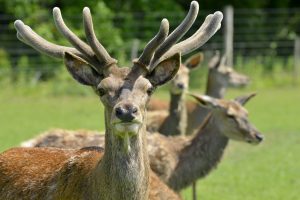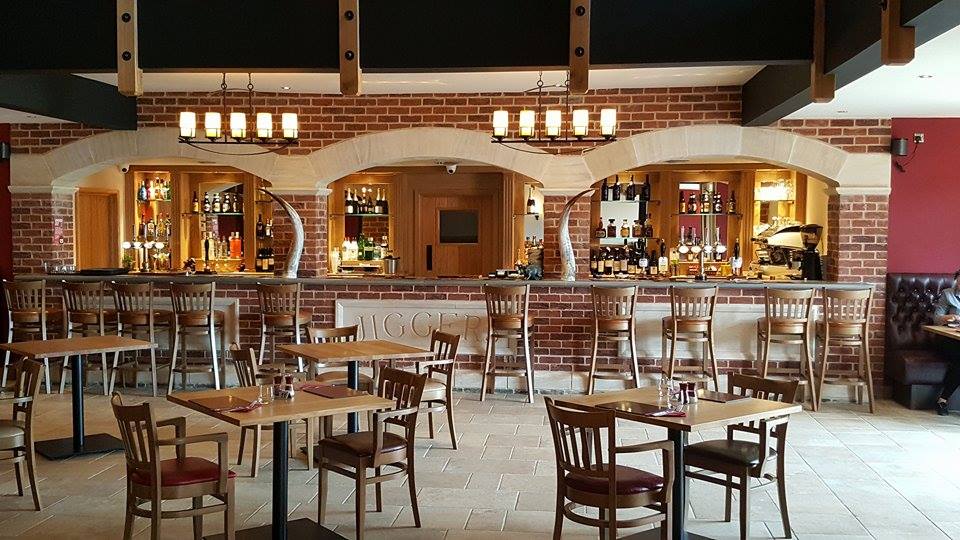This family-run business has been around for over a century, but it’s far from old-fashioned. We meet the team to find out how they’ve kept the cogs turning
Since 1899, the Johnson family have been farming and rearing livestock in Old Hurst, Huntingdon. Passed down through four generations, the business has continued to uphold its core values, offering high-quality produce, farmed in a conscientious and sustainable way. Thanks to the carbon intake of its extensive woodland and permanent pasture, Johnsons of Old Hurst is now proud to call itself a carbon-neutral farm. But it’s the team behind the scenes that have ensured its enduring success – so how have they managed it?
“Our passion for outstanding quality, coupled with a forward-thinking approach to modern farming, is what gives our family company a unique edge,” says owner Andy Johnson. The business has many facets, allowing it to cater to customers looking for groceries, as well as those after a delicious, hearty meal.
“Johnsons consists of a well-stocked farm shop, including a 50ft fresh meat counter and a 25ft delicatessen and cheese counter, with over 50 different British cheeses,” he explains. “We have a tearoom that offers a variety of homemade produce, serving food and beverages for breakfast, lunch and afternoon tea. Then there’s our steakhouse, presenting an extensive selection of British dishes for lunch and dinner throughout the week, offering a traditional Sunday roast, as well as our home-reared venison and beef.”
We embrace the opportunity to think outside the box
With sustainability at its heart, Johnsons of Old Hurst has favoured traditional farming methods since its earliest days, with an increased focus on reducing carbon output in recent years. “Having recently declared our farm as carbon neutral, we plan to continue to promote the importance of permanent pasture and grass-fed meats in the UK, aiding the prevention of global warming and providing a home and feed base for native flora and fauna,” says Andy.
 The business aims to promote livestock with the lowest possible road miles, encouraging people to source their produce more locally and, by extension, contribute less to global warming. “Permanent pasture is second only to woodland in locking in carbon,” Andy points out. “The livestock grazed on this land deposits manure, which yields half a tonne of insects to every tonne, and this is vital for our ecosystem to sustain itself.”
The business aims to promote livestock with the lowest possible road miles, encouraging people to source their produce more locally and, by extension, contribute less to global warming. “Permanent pasture is second only to woodland in locking in carbon,” Andy points out. “The livestock grazed on this land deposits manure, which yields half a tonne of insects to every tonne, and this is vital for our ecosystem to sustain itself.”
The farm is also home to a zoological collection, including a tropical house which opened in 2019 and will soon be extended to double the size. With a variety of crocodiles, snakes and other reptiles, the tropical house offers an up-close animal experience and the opportunity to gain a better understanding of some exotic creatures. The collection continues outside the tropical house, with furry favourites including meerkats, pumas, wallabies and donkeys. There’s also a lovely woodland walk on-site, which is home to a natural collection of British wildlife for visitors to discover. What’s more, all of these attractions are entirely free for customers to enjoy.
All in all, the business has managed to balance its attachment to tradition with a dynamic, future-conscious approach and openness to change. “We are proud of our traditional farming methods, but embrace the opportunity to think outside the box,” says Andy. “We’re continuously modernising our methods to benefit both the environment and mankind.”

